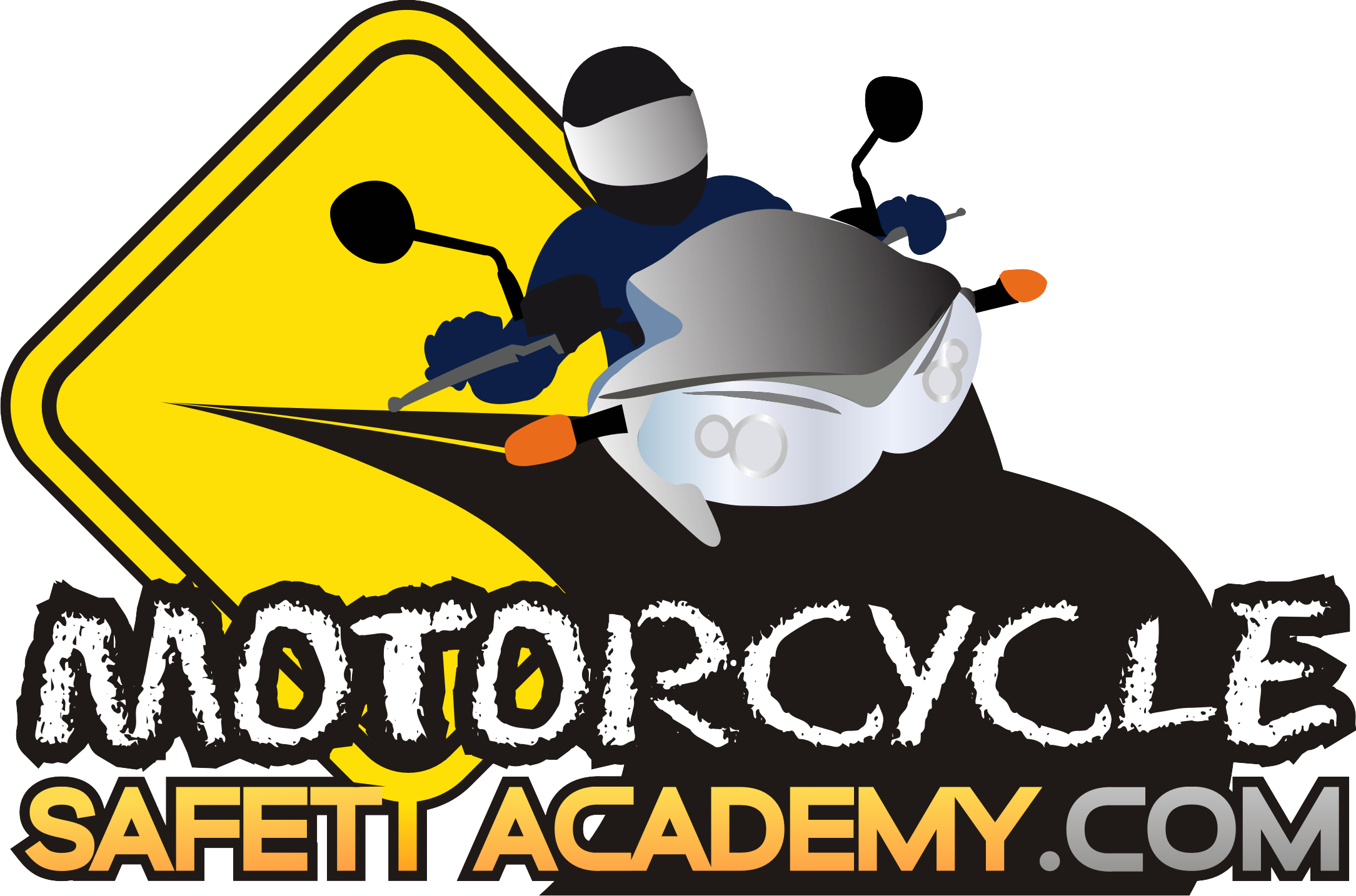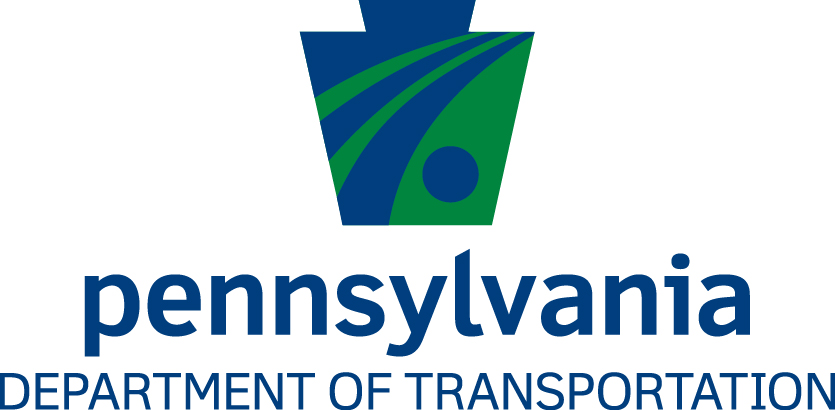The Motorcycle Safety Academy is an approved motorcycle training provider for the Virginia Motorcycle Safety Program (MDMSP).Courses are conducted at multiple training sites throughout Pennsylvania. Click this link for a full list of locations: CLICK HERE
MOTORCYCLE DESIGNATIONS
To operate a motorcycle in Virginia, a driver must have a valid driver’s license with a Class M designation. This designation indicates the type(s) of motorcycles the holder is authorized to operate:
M: Both two- and three-wheeled motorcycles M2: Only two-wheeled motorcycles M3: Only three-wheeled motorcycles
If your license displays both an “M”, “M2”, or “M3” designation and a “6” under “Restriction,” you are only authorized to operate a motorcycle. Without the “6” restriction, you can operate both a standard motor vehicle and the designated type of motorcycle.
ADDING A CLASS M DESIGNATION TO YOUR LICENSE
To add a Class M, M2, or M3 designation to your current Virginia driver’s license, follow these steps:
If you are 18 or older:
Pass the required vision screening. Complete one of the following: Pass a Virginia Rider Training Program course (exempting you from the knowledge and road skills exams). Pass the motorcycle knowledge exam, hold a motorcycle learner’s permit for 30 days, and pass the motorcycle road skills test. A Virginia Rider Training Program course completion certificate acts as a temporary M2 or M3 classification for 30 days if you are 19 or older. After 30 days, visit a DMV customer service center to add the motorcycle designation to your license. Certificates are valid for one year from the completion date.
If you are under 18:
Pass the required vision screening. Complete one of the following: Pass a Virginia Rider Training Program course (exempting you from the knowledge and road skills exams for one year). Pass the motorcycle knowledge exam, hold a motorcycle learner’s permit for 9 months, and pass the motorcycle road skills test. The motorcycle class has an annual fee and is valid for the same period as your driver’s license. Remember to renew your Class M, M2, or M3 designation along with your driver’s license. Check the DMV Fee Chart for the yearly charge.
LICENSE RESTRICTED TO MOTORCYCLE OPERATION ONLY
You can obtain a license restricted to motorcycle operation only, indicated by an “M”, “M2”, or “M3” designation and a “6” under “Restriction”. In addition to the motorcycle requirements, you must:
Pass the two-part driver’s license knowledge exam. The motorcycle-only driver’s license costs $6 per year and is usually valid for 8 years. To upgrade to a regular driver’s license later, pass the driver road skills test. If you are under 18, you must complete an approved driver education program before receiving any Virginia driver’s license, including a motorcycle-only license.
OUT-OF-STATE LICENSE HOLDERS
If you hold a valid out-of-state driver’s license and complete the Virginia Rider Training Program, you are not eligible for a Virginia motorcycle-only license. You must exchange your out-of-state license for a Virginia license to obtain a Class M, M2, or M3 designation.
Virginia does not accept out-of-state motorcycle safety course certificates. To receive a Class M, M2, or M3 designation, you must pass the motorcycle knowledge and road skills tests and hold a motorcycle learner’s permit for 30 days (or 9 months if under 18).
MEMBERS OF THE MILITARY
Military personnel, their spouses, and dependents with a valid Virginia driver’s license can obtain an M2 designation by submitting:
An unexpired active duty or military dependent ID card. A completion certificate from a military-approved basic motorcycle rider training course dated within one year of application.
OTHER
Visit a DMV customer service center in Virginia or apply by mail if stationed outside Virginia. A new driver’s license with the motorcycle classification will be mailed to the applicant. A license replacement fee and yearly motorcycle classification fee will apply.
For more information, refer to the DMV Fee Chart and Applying for a License guidelines.
We offer motorcycle safety training classes for various skill levels. These courses were developed by the Motorcycle Safety Foundation (MSF), a nationally recognized organization.
COURSES AND COST
The Motorcycle Safety Academy offers motorcycle safety training classes that will include the Maryland motorcycle skills test licensing waiver. These courses include the following: Basic Rider Course (BRC), Basic Rider Course 2 (BRC2) (Advanced Course) and the 3-Wheel Basic Rider Course (3WBRC). To get additional details on these courses, please CLICK HERE to visit our course catalog.
Courses prices at a Virginia training center vary by location. To register for one of these courses, please CLICK HERE to visit our training schedule. For your convenience, you can find your specific Virginia training center location by using the filter feature. If you are an out of state resident and want to take the course at any of our Virginia training center locations, please call the appropriate state agency to determine the licensing requirements that may apply.
COURSE REQUIREMENTS
Virginia residents that want to take a motorcycle safety course at a Maryland training center are NOT required to have a valid learners permit or license.
Individuals under the age of 18, will need a parent or guardian signature prior to taking the course.


